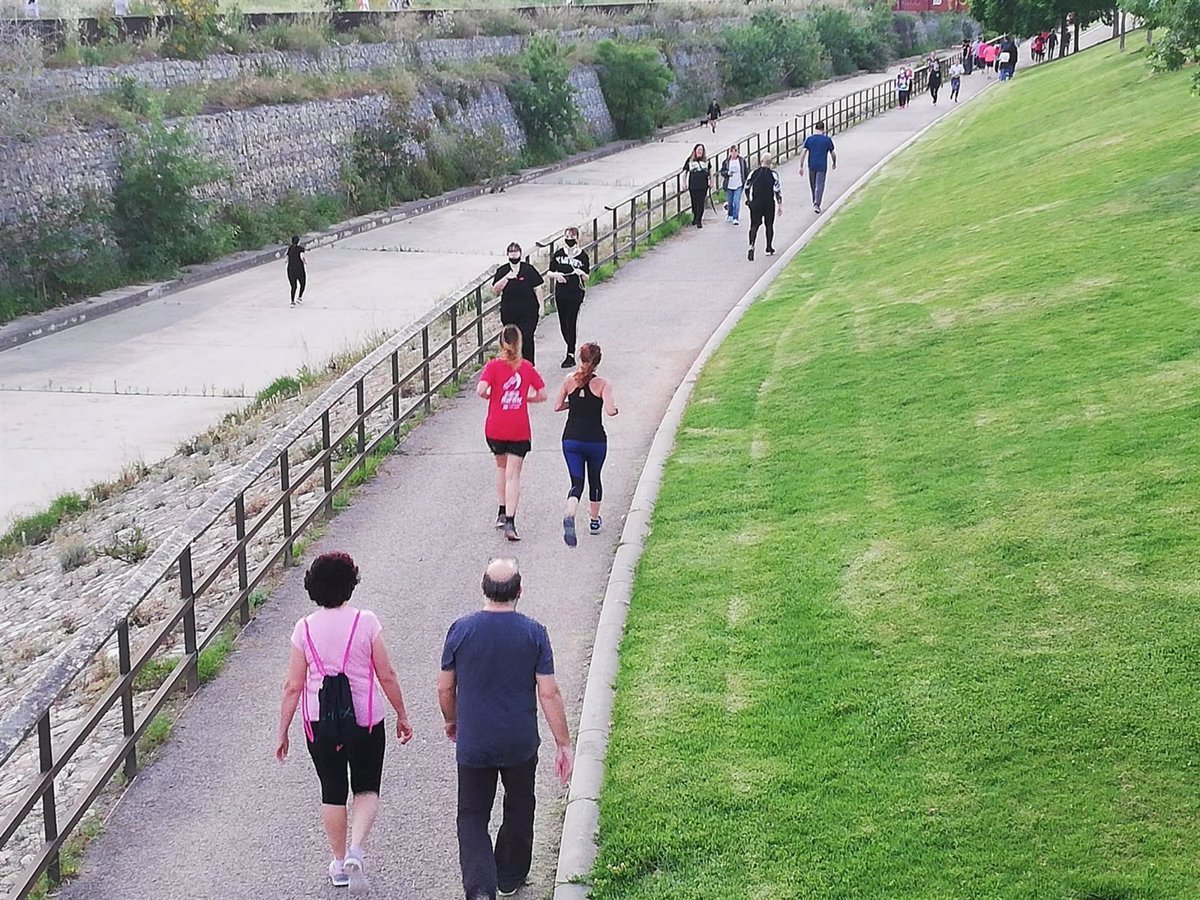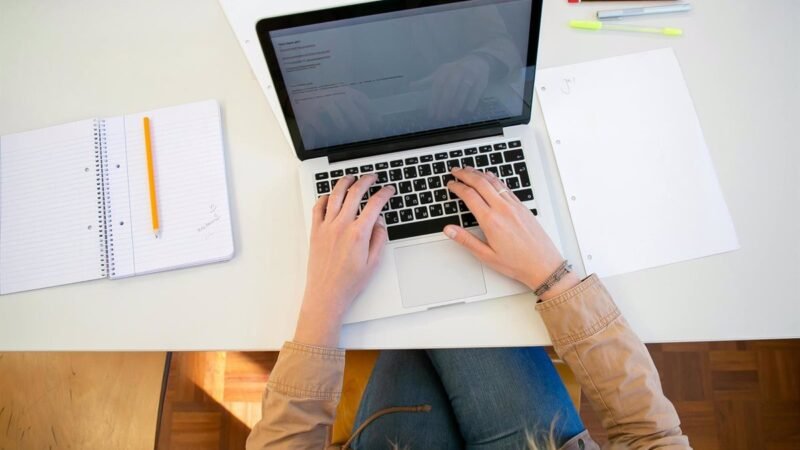Desarrollar y cuidar nuestra memoria es clave para mantenerla activa, ya que, como dice el maestro, «es como un músculo, mejor lo ejercitemos».

Maintaining an active and careful memory, especially in adulthood, is essential to protect our body from cognitive damage or even certain diseases. Given this, the teacher Clara Aurora Rodríguez López advocates for developing «good care,» because, as she indicates, «memory is like a muscle, it is strengthened and the more we exercise it, the more active our brain will be, and therefore.»
Rodríguez López urges citizens to steer away from the belief that memory «only means remembering data» because «it goes much further.» Memory is «the basis of learning, decision-making, our ability to plan, our emotional life… it is much more than remembering information, it is our identity and as such, we must take care of it.»
As she reflected in an interview with Europa Press, strengthening memory «means taking care of who we are,» which is why it is «so important to keep it active, because we are constantly evolving. That is, in all stages of life,» although, as she acknowledges, «yes, you have to give it special attention in adulthood.»
«All stages are important for memory care, but with the face of active aging, it protects the body from cognitive impairment and can even delay the symptoms of neurodegenerative diseases, such as Alzheimer’s.»
But… how can you take care of your memory? The university master’s professor in neuropsychology and education at UNIR explains that «there is no need to do extraordinary things or enroll in large courses to activate… There are things that help us. We just have to live our lives, be aware, be curious, connected with other people…»
«There are simple activities that can help us have an active memory, and it is something that many of us do every day, such as reading, writing, talking, conversing with people, learning new things… but keep in mind.»
She also advocates for games, strategy, even video games «that are very useful for working on cognitive and memory function.»
The teacher does not forget the importance of physical exercise «because it greatly improves brain oxygenation.» To this is added the following advice: «Get enough sleep, maintain social connections, engage in discussions, relate, all of these are directly related to improving our memory.»
As Rodríguez López acknowledges, the ideal is to «not stand still.» Something that becomes crucial in adulthood and, at this moment, she wants to reflect, especially for children with elderly parents. «Sometimes, we, as children, see that when our parents reach a certain age, we believe they cannot do certain things and try to make everything easier for them.»
«We know the intention is good, but we fall into the mistake of treating them as if our parents couldn’t. We want to help them or not make excessive efforts at a physical or cognitive level, but sometimes we harm them because, within each person’s capabilities, they need to work on their autonomy.»
For example, she explains: there are older people who, to ensure they take their medications, «use a reminder device that tells them they have to take it at a certain time. This gives us a lot of security, but in practice, if the elderly get used to it and don’t remember on their own, we are not working.»
In another vein, the expert joining us sees it as «very positive» that each person finds their «vital meaning.» «It seems that as we age and stop working, many people wake up in the morning and don’t know what to do… and this can lead, in some cases, to depression.»
Therefore, «although it may seem difficult at times, this meaning must be found again. Reevaluation of life with small improvements in habits and avoiding falling into routine. Studies show that cognitive damage occurs earlier in individuals who do not maintain complete autonomy or do not maintain the level of autonomy they can have, compared to family members or after family members.»
«It is true that life and priorities change. A person’s life project as we grow changes, and this is even more significant when a person stops working and retires, but we must always have one and, if we don’t find it, we must look for it because it is there.»
Finally, remember that new technologies can be useful to keep the memory active. «Regardless of age, new technologies are not bad, they do not harm memory unless we abuse them.»
Therefore, she says: «We need to know how to use technologies. They can be a crutch that helps us organize information, remember some elements, reorganize our cognitive function, help us reorganize… The problem arises when technology replaces our cognitive resources, that is a problem.»
FUENTE







